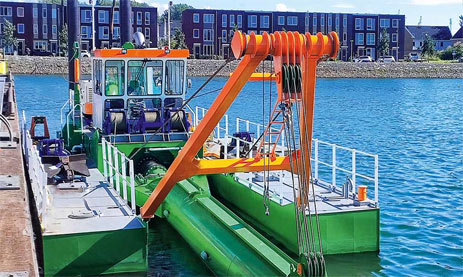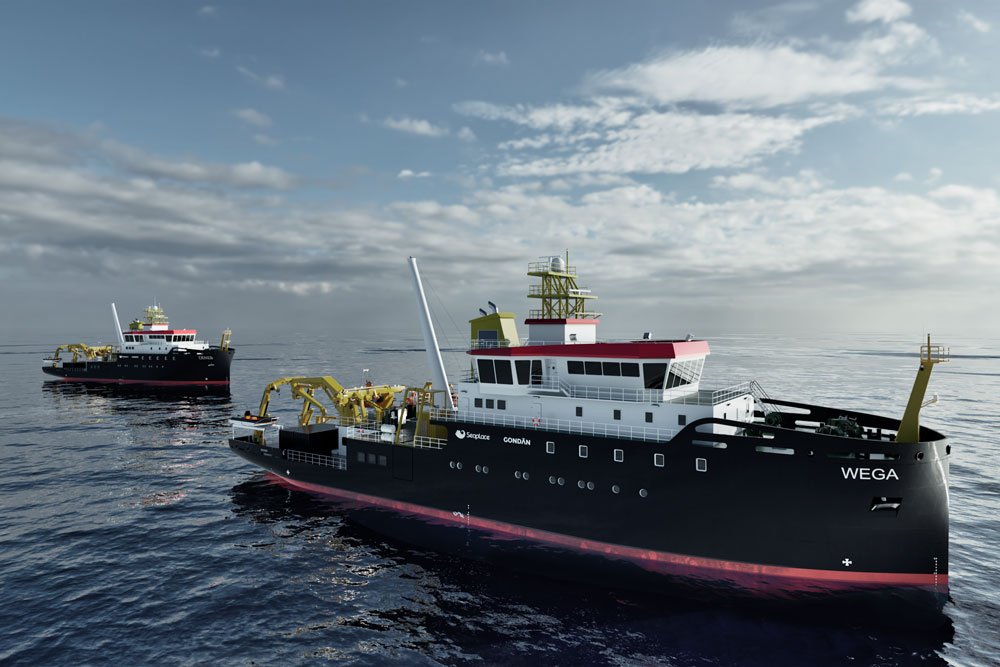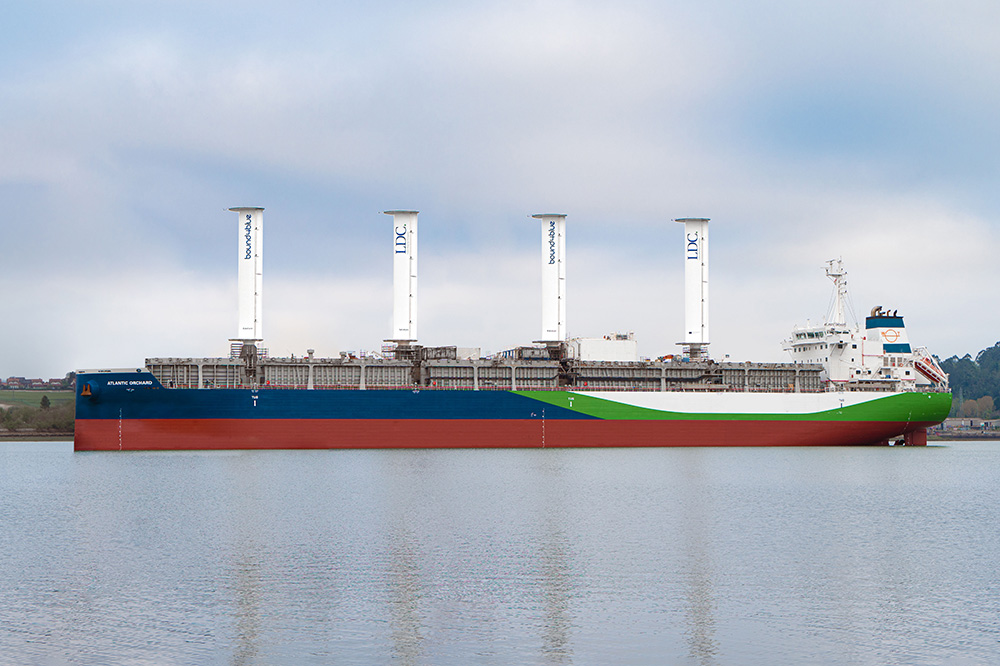Shipbuilding, shipowners, class, science: in Norway, a group of maritime companies is investigating fourth-generation nuclear reactor technologies for their suitability in shipping. The first phase has been completed.
The group in the “NuProShip I” project includes the shipping company Knutsen Tankers, the shipbuilder Vard (part of the Italian Fincantieri Group), the classification society DNV and the University of Science and Technology in Ålesund.
NuProShip, which stands for “Nuclear Propulsion in Shipping”, aims to test fourth-generation nuclear reactor technologies for their suitability for commercial shipping applications, according to a statement.
As part of this project, there has already been a comprehensive evaluation of 99 companies developing advanced reactor technologies. This selection resulted in “three promising reactor types”:
- Kairos Power (USA): Fluoride high-temperature molten salt reactor with TRISO fuel particles designed for robust and efficient operation.
- Ultrasafe (USA): Helium-cooled gas reactor, also with TRISO fuel particles, known for their resilience and safety under extreme conditions.
- Blykalla (Sweden): A lead-cooled reactor concept using uranium oxide as fuel, offering high efficiency and advanced cooling mechanisms.
“TRISO fuel particles, known for their longevity and containment properties, play a crucial role in two of these reactor types. In fact, TRISO technology is known as one of the most resilient nuclear fuel types available today,” the partners write.
“An insurer joins the nuclear project
Vard‘s main contribution will be to integrate these reactor systems into different types of vessels and assess the technical challenges to enable the future commercial deployment of nuclear-powered ships.
NuProShip I, which expired on 31 December 2024, will transition into the NuProShip II project, a two-year initiative to further refine solutions for nuclear propulsion in maritime applications. The NuProShip projects are financially supported by the Norwegian Research Council.
In this second project, the consortium will be expanded to include insurance companies, which is a crucial step in assessing the economic viability of nuclear technology in shipping. It was not initially disclosed which player from the insurance industry is involved.














